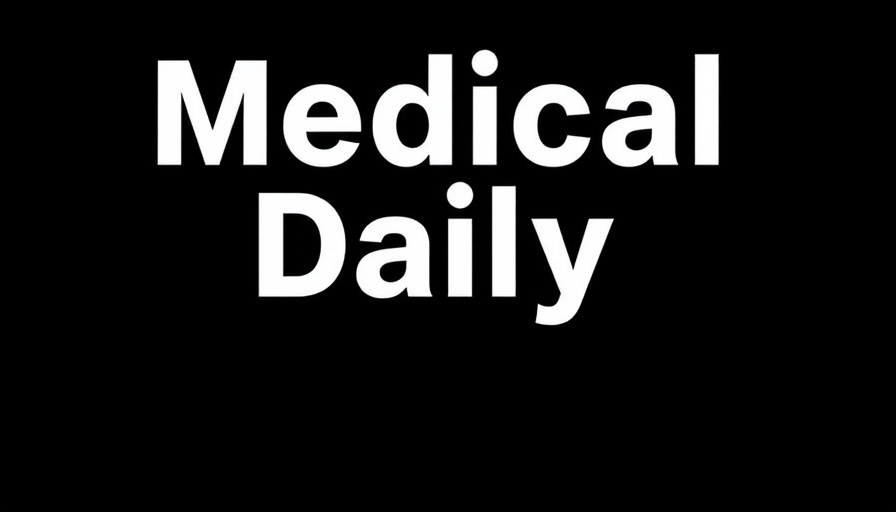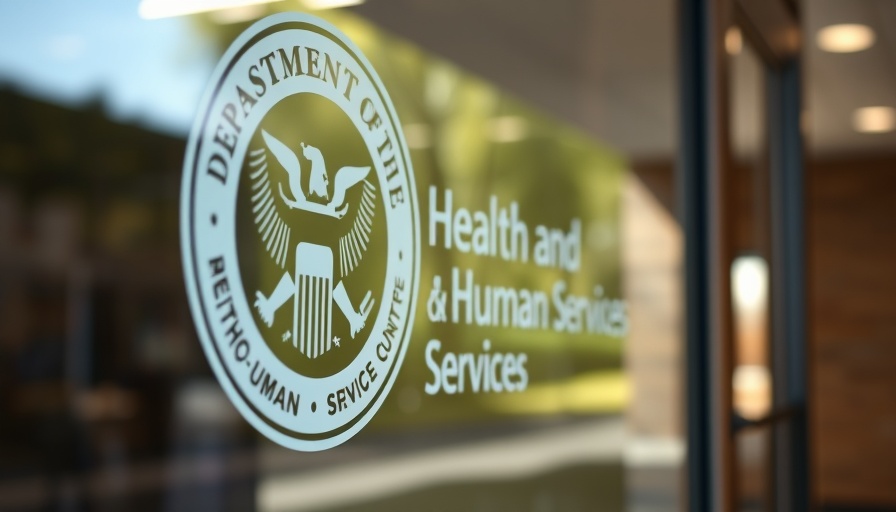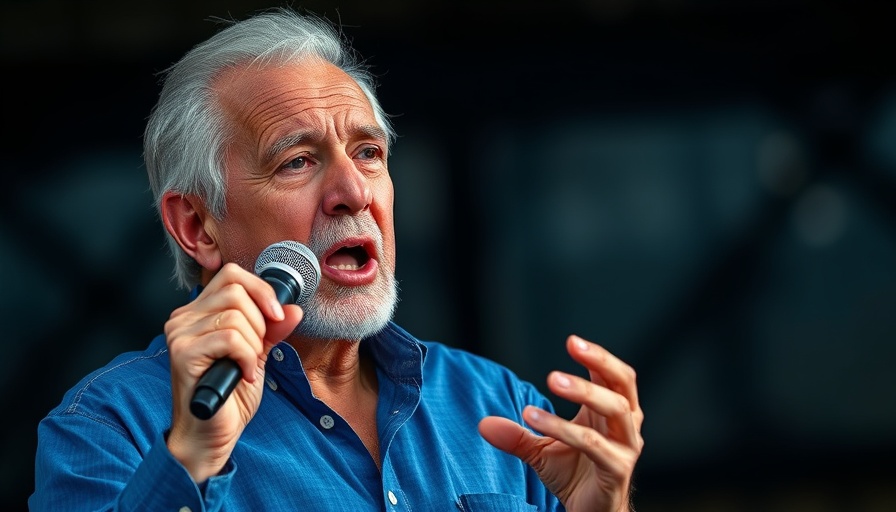
Understanding vaccine misinformation and its impact
In recent times, vaccine misinformation has reached alarming levels, particularly on platforms like Fox News where public figures speak without rigorous fact-checking. A notable instance occurred when RFK Jr. made a series of claims regarding vaccines that have been widely disputed by health professionals. This has sparked necessary conversations about the importance of relying on credible information regarding public health.
Examining RFK Jr.'s Claims: What’s the Truth?
RFK Jr. made several controversial statements during his appearance, including a claim that “97% of people on the CDC vaccine advisory committee had conflicts of interest.” Dr. Jake Scott, a specialist in infectious diseases, fact-checked this assertion, revealing that while many committee members have received some form of industry payment, these payments are often minimal and regulated. The CDC has strict guidelines in place to ensure members recuse themselves from discussions if they have conflicts.
Another of Kennedy's statements, that children receive between 69 and 92 mandatory vaccines, was also called into question. In reality, vaccine schedules vary significantly by state and generally include less than 40 vaccinations for school attendance. Dr. Scott highlighted the importance of accurate information in guiding parents' decisions about vaccinations to protect their children’s health.
Debunking Myths: Vaccines and Safety Testing
Kennedy's assertion that no vaccines—except for the COVID-19 vaccine—have been safety tested was countered by Dr. Scott with references to a database showing numerous placebo-controlled vaccine trials. This misconception can lead to hesitance about lifesaving vaccines, causing many parents to reconsider whether they should have their children vaccinated.
Cultivating Trust in Health Systems
The spread of misinformation like this poses real risks to public health and trust in health authorities. As Dr. Scott emphasized, vaccines are critical in preventing serious illnesses, and studies consistently confirm their safety through extensive testing and post-licensure monitoring. The dialogue surrounding vaccination must be rooted in facts to uphold the integrity of public health initiatives.
What You Can Do: Becoming a Vaccine Advocate
In lieu of misinformation, it's essential to share accurate perspectives on vaccinations with friends and family. As a community, we can foster a supportive environment where concerns about vaccines are addressed with factual information. Joining local healthcare discussions or attending community health meetings can also provide further clarity and build trust in medical advice.
The significance of vaccines cannot be overstated, and recognizing their role in public health is an essential part of fostering a healthy community. As we aim to build a well-informed society, it’s crucial to challenge and fact-check health misinformation. By engaging in these discussions and using reliable sources, we can help safeguard the future of our loved ones and communities.
 Add Row
Add Row  Add
Add 
 Add Row
Add Row  Add Element
Add Element 



Write A Comment